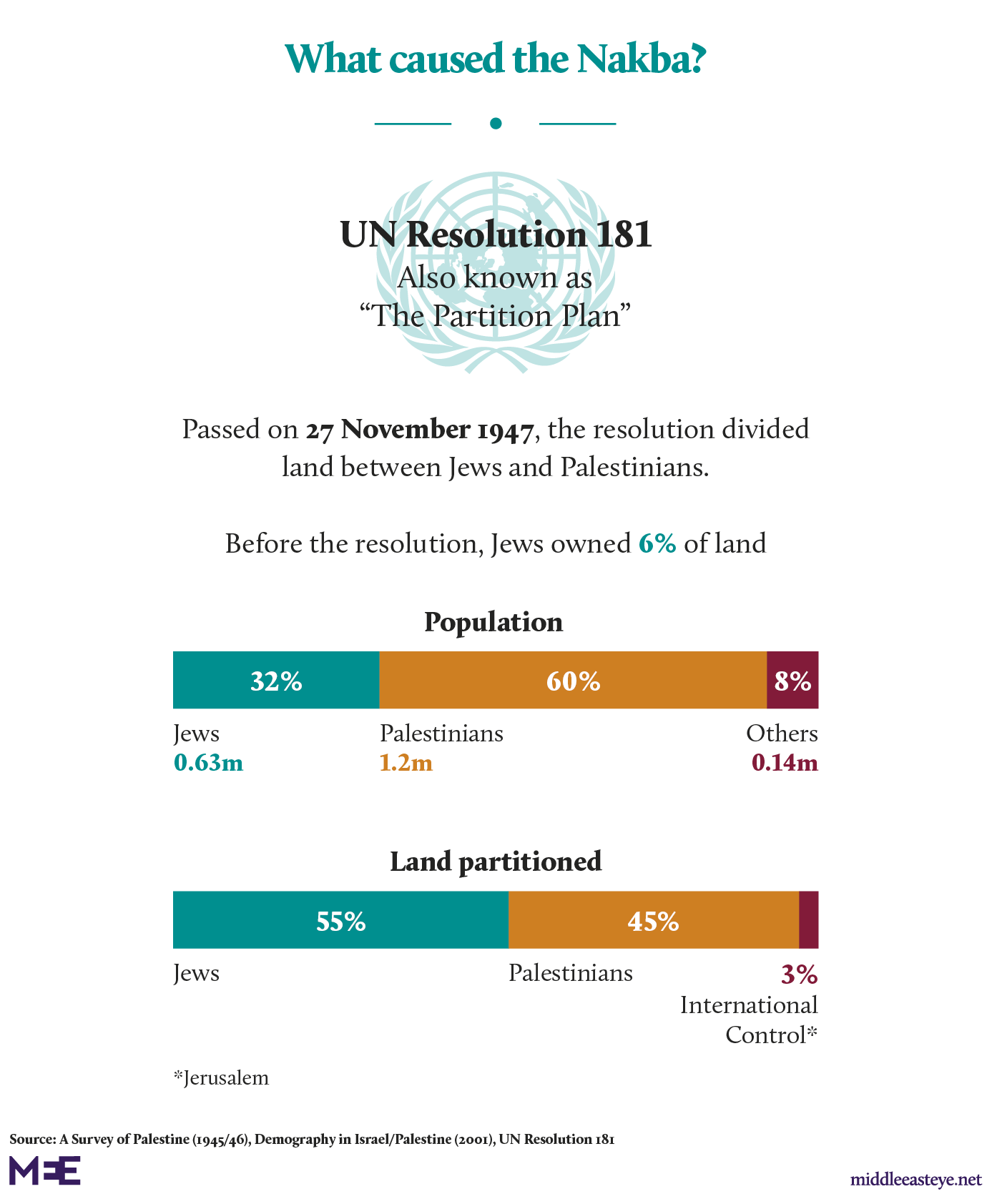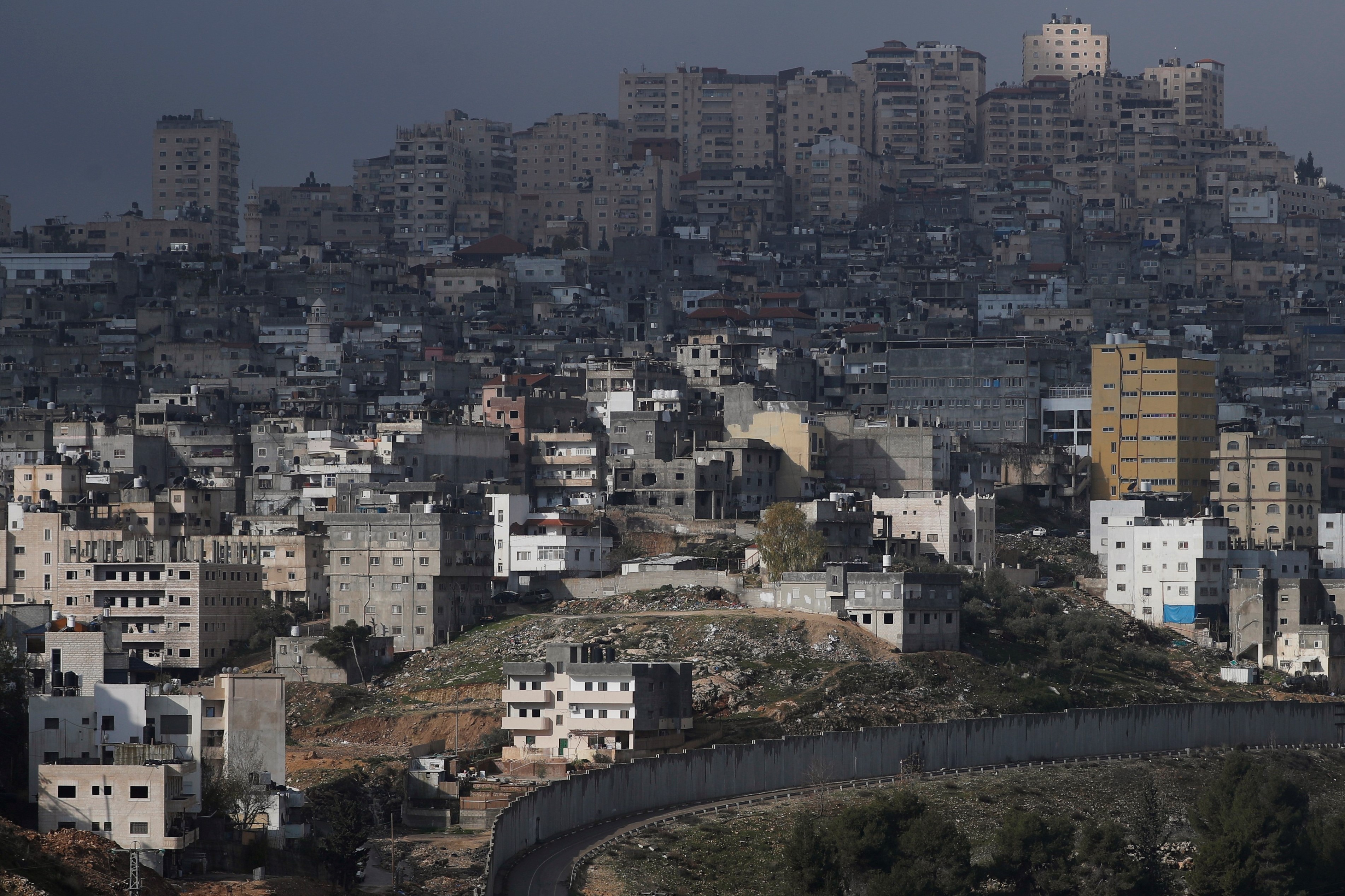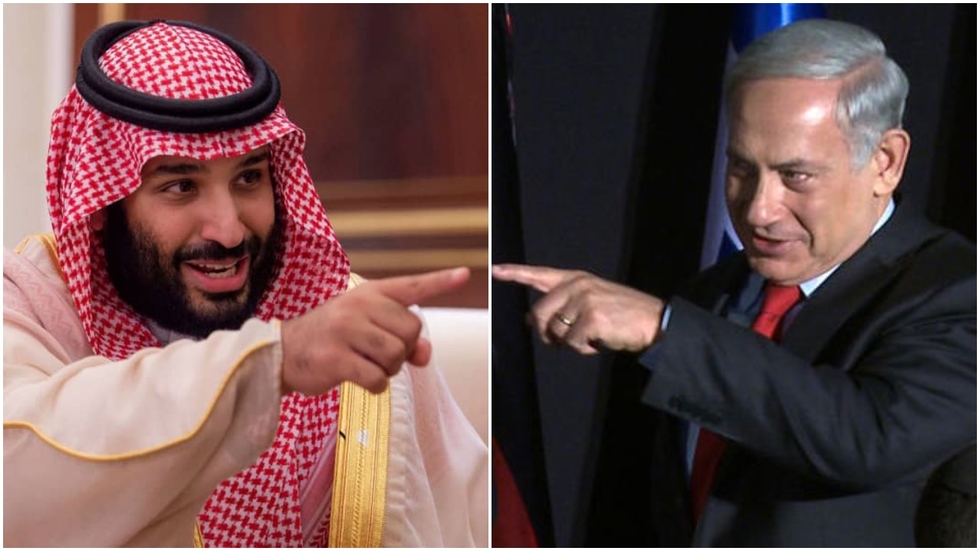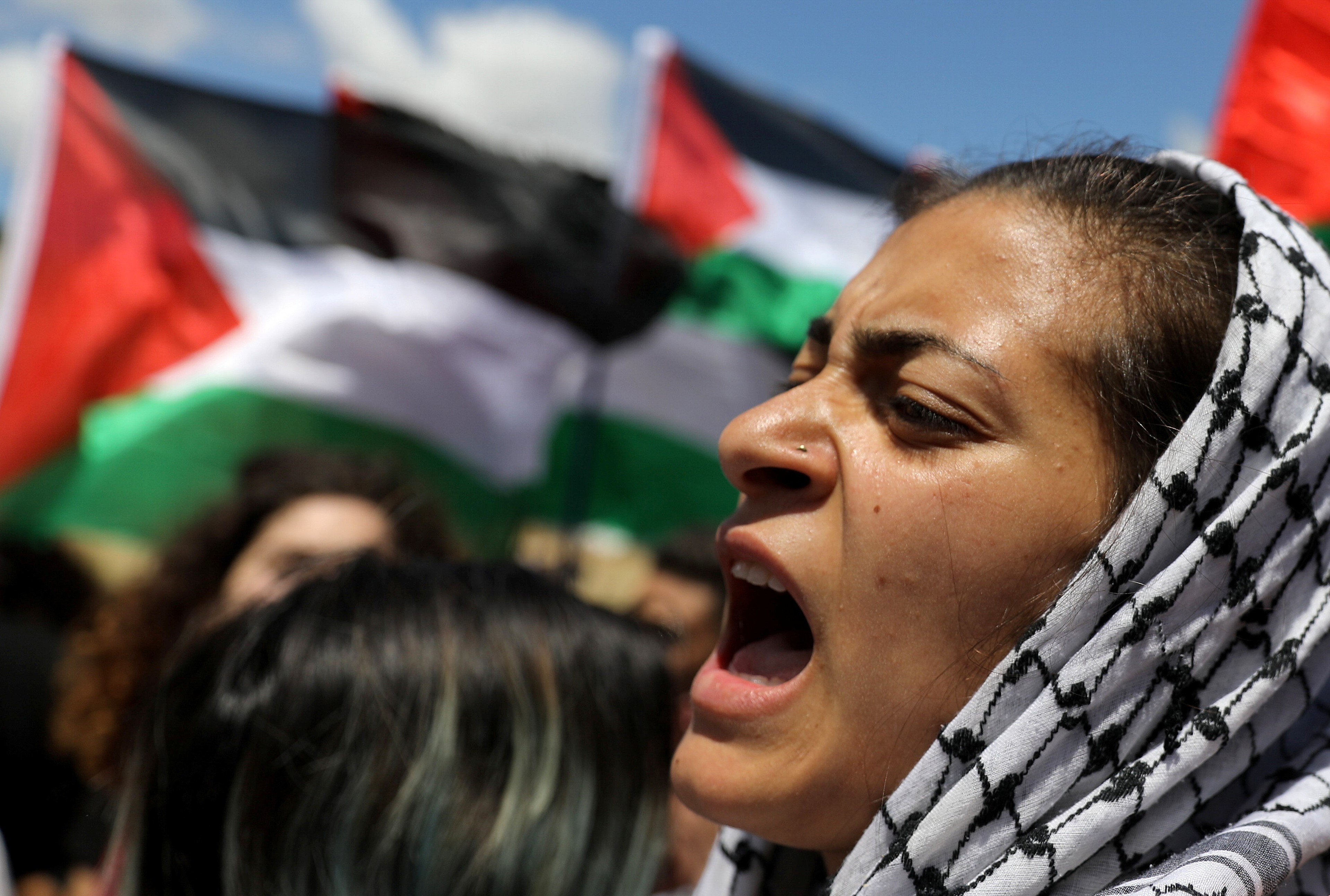WARNING: RUSSIA MAY SEND "LITTLE GREEN MEN" TO BELARUS
Aug 14, 2020 - Press ISW
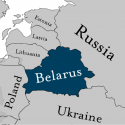
[1] https://twitter.com/M_Simonyan/status/1294140006882189312
 Belarus Map Image 03-01-01.png
Belarus Map Image 03-01-01.png

By George Barros
Key Takeaway: Russia may send irregular forces into Belarus to quash growing protests against Belarusian President Aleksander Lukashenko. A senior Kremlin media official’s August 14 statement supporting such a move is a significant inflection in Moscow’s characterization of the protests in Belarus. It could be part of a new Russian information campaign to shape conditions for a Russian-backed intervention into Belarus under the pretext of restoring order. A Russian intervention in Belarus that resulted in the stationing of Russian ground forces in the country would dramatically increase the threat to NATO’s ability to protect the Baltic States and mark another advance in Putin’s efforts to regain Russian suzerainty over the former Soviet Union.
Tripwire. The editor-in-chief of Russian media outlet RT, Margarita Simonyan, called for “polite men” to “put things in order” in Belarus on Twitter on August 14.[1] The Kremlin uses “polite men” as a euphemism for the Russian military forces in unmarked uniforms (alternatively known as “little green men”) deployed to occupy Crimea in 2014.[2] RT is one of the Kremlin’s primary information outlets. Simonyan is therefore unlikely to have tweeted an implied call for Russian military forces to deploy to Belarus without Kremlin approval.
Pattern. Simonyan’s August 14 statement is a significant inflection in Kremlin media’s characterization of the protests in Belarus and could be the start of a new Russian information campaign to shape conditions for a Russian-backed intervention into Belarus on the pretext of restoring order. Well-organized protesters are contesting Belarus’ August 9 presidential results following Lukashenko’s declaration of an overwhelming victory.[3] Russian media and Kremlin-linked outlets had been responding neutrally and slightly sympathetically toward protests in Belarus as of August 13. Izvestia then reported that the protests in Belarus are “profoundly” peaceful and that Belarusian riot police are tired.[4]Argumetny i Fakty reported that there were almost no violent confrontations with Belarusian police.[5]Komsomolskaya Pravda reported that protest violence dropped on August 13 and that Belorussian President Alexander Lukashenko should change his strategy because the people will “not relent and go home.”[6]Moskovsky Komsomolets stated not supporting the protesters’ demands is supporting dictatorship and that Russian election observers in Belarus were “accomplices” to Lukashenko’s regime.[7] The call for Russian intervention to “restore order” is thus a major change in tone.
Assessment. The Kremlin will intervene in Belarus under the pretext of restoring order if it perceives that protests might weaken Lukashenko enough to put his continued control at risk. Russian President Vladimir Putin seeks to prevent a pro-democratic revolution in Belarus similar to the 2014 Euromaidan revolution in Ukraine. The consolidation of a pro-democratic revolution in Belarus would be a major setback in the Kremlin’s campaign to regain dominant influence over the former Soviet Union. The Kremlin likely seeks to avoid having to intervene in Belarus but will do so if Lukashenko appears likely to lose control over his security services. This is possible. Early indicators indicate show some members of the security services throwing away their uniforms.[8]
The Kremlin has the capability to launch a hybrid operation against Belarus and already has irregular elements present inside the country. Belarusian security forces arrested 33 Russians from the Kremlin-backed private military company (PMC) “Wagner Group” on July 29, claiming they were sent by the Kremlin to instigate protests.[9] Ukrainian officials confirmed on July 31 that 28 of the 33 alleged Wagner personnel fought with Russian-backed proxies in Donbas.[10] Lukashenko fired his entire cabinet in June 2020 likely because he perceived Russian subversion in his government in the run-up to the elections.[11] The Kremlin will likely send additional irregular assets into Belarus as protests continue to intensify in the build-up to the Belarusian opposition’s planned march in Minsk on August 16.[12]
Implications. A successful Russian intervention in Belarus would increase the Kremlin’s strategic projection capabilities against NATO and Ukraine. Russia’s total freedom of movement in Belarus would enhance Russian forces’ ability to threaten the Suwalki Gap to geographically isolate NATO members Latvia, Lithuania, and Estonia from the rest of the alliance.[13] Russia’s total freedom of movement in Belarus would also open new avenues of attack for the Kremlin to employ against Ukraine. Ukraine’s capital, Kyiv, is only 95 kilometers from the Ukrainian-Belarusian border, and Ukraine’s defense posture is unprepared for a threat from its northern border.[14] Even if Lukashenko reconsolidates control without Kremlin intervention, the protests will have weakened Lukashenko, decreasing his leverage to hedge against the Kremlin’s campaign to regain control over Belarus.[15] The Kremlin’s influence in Belarus will likely increase in either event.
Indicators. A Kremlin intervention is very likely if protests compel Lukashenko to abdicate. Russian intervention is also likely if Lukashenko asks the Kremlin for help in restoring order, if it appears that Lukashenko is losing control of the situation and/or his security forces, or if the dynamics of the protests appear to follow a pattern similar to those of the Euromaidan Revolution in Ukraine. Russian intervention may be less likely if Russian and Kremlin-linked media characterizations of the protests remain neutral or sympathetic, but a shift to Russian media describing the protesters as unruly, lawless, or violent would indicate a Kremlin intervention is more likely. Snap Russian force movements or exercises in the Western Military District would indicate a Russian intervention is likely. A notable shift in protest organization, such as the consolidation of centralized protest leadership, would indicate an increased likelihood of a Russian intervention.
 |
| https://eng.belta.by/all-rubric-news/viewSuzet/presidential-elections-in-belarus-48/ |
[8] https://www.thetimes.co.uk/edition/world/outraged-police-throw-away-uniforms-after-belarus-crackdown-rjjjnl3ds ; https://twitter.com/gkates/status/1293622702767583239 ; https://twitter.com/gkates/status/1293626395818700803 ; https://twitter.com/gruppa_voina/status/1293948420902838274; https://twitter.com/gkates/status/1293636214206201860; https://twitter.com/RALee85/status/1293633014765883392
[9] “Belarus Arrested 33 Russian Mercenaries Outside of Minsk Today. Here’s What we Know, So Far,” Meduza, July 29, 2020, https://meduza.io/en/feature/2020/07/29/belarus-arrested-33-russian-merc....
[10] [”The Office of the Prosecutor General Informed the Competent Authorities of Belarus of their Intentions to Demand the Extradition of the Participants in the Armed Conflict in Eastern Ukraine Detained on its Territory,”] The Office of the Prosecutor General of Ukraine, July 31, 2020, https://www.gp.gov(.)ua/ua/news?_m=publications&_c=view&_t=rec&id=277950&fbclid=IwAR0A8kZujVpnYsocgevF-2w1_M0xcfGL3Dr-f7JCYtwkOlQomdEdwx00xEg.
[14] Ukraine’s armed forces have built up Ukraine’s defenses against Russian forces in eastern and southern Ukraine.
Tags
File Attachments:
Our History
Dr. Kimberly Kagan founded ISW in May 2007, as U.S. forces undertook a daring new counterinsurgency strategy to reverse the grim security situation on the ground in Iraq . Frustrated with the prevailing lack of accurate information documenting developments on the ground in Iraq and the detrimental effect of biased reporting on policymakers, Dr. Kagan established ISW to provide real-time, independent, and open-source analysis of ongoing military operations and insurgent attacks in Iraq. General Jack Keane (U.S. Army, Ret.), the Chairman of ISW’s board, also played a central role in developing the intellectual foundation for this change of strategy in Iraq, and supported the formation of the Institute in 2007.
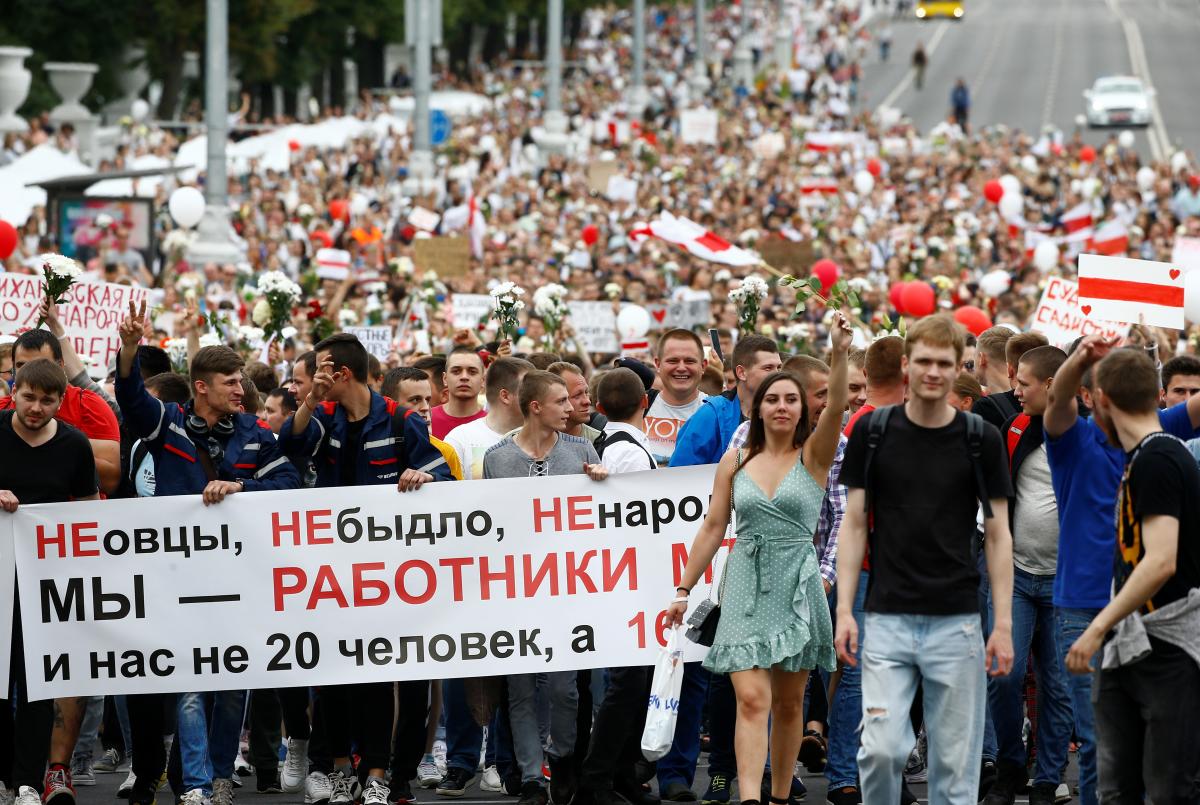
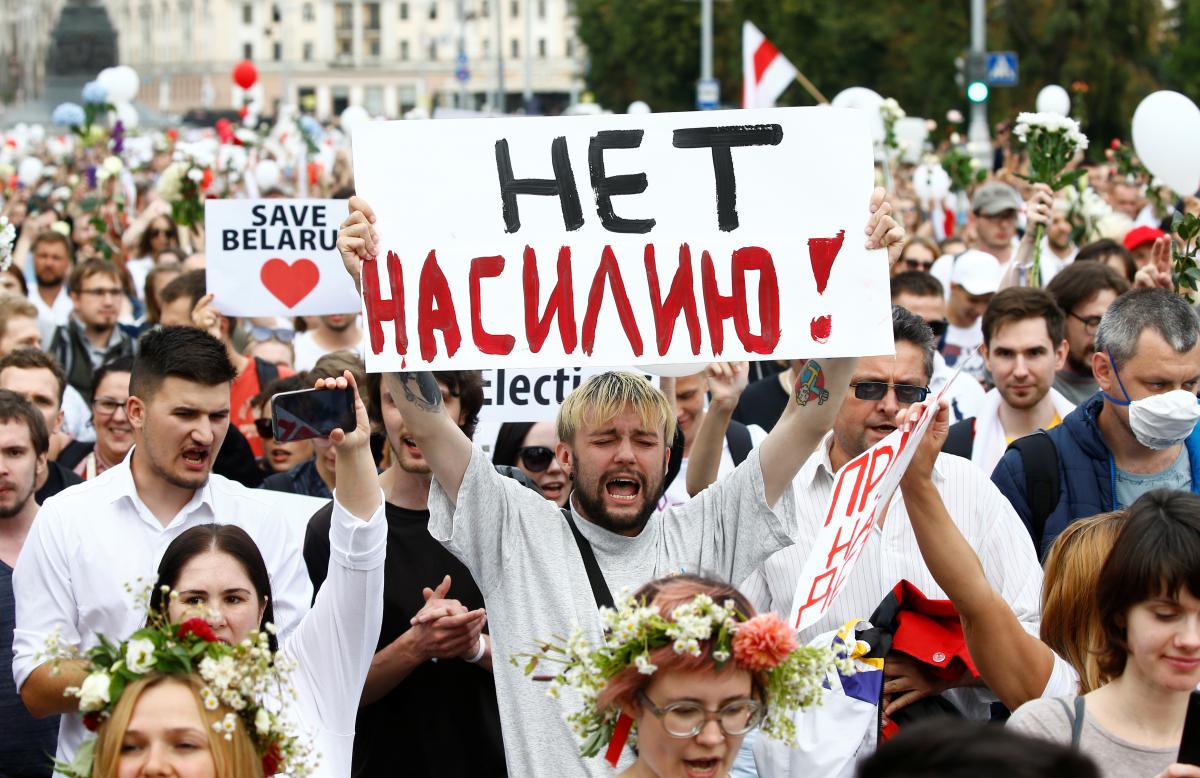
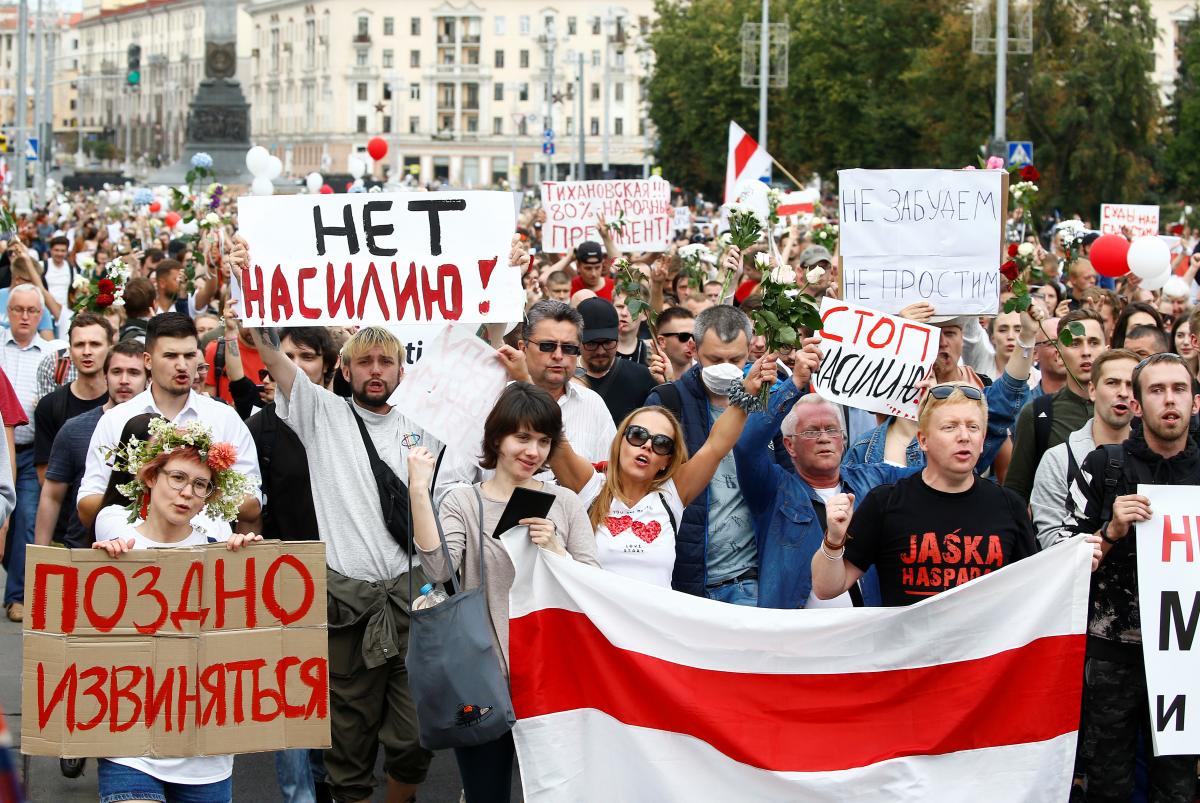
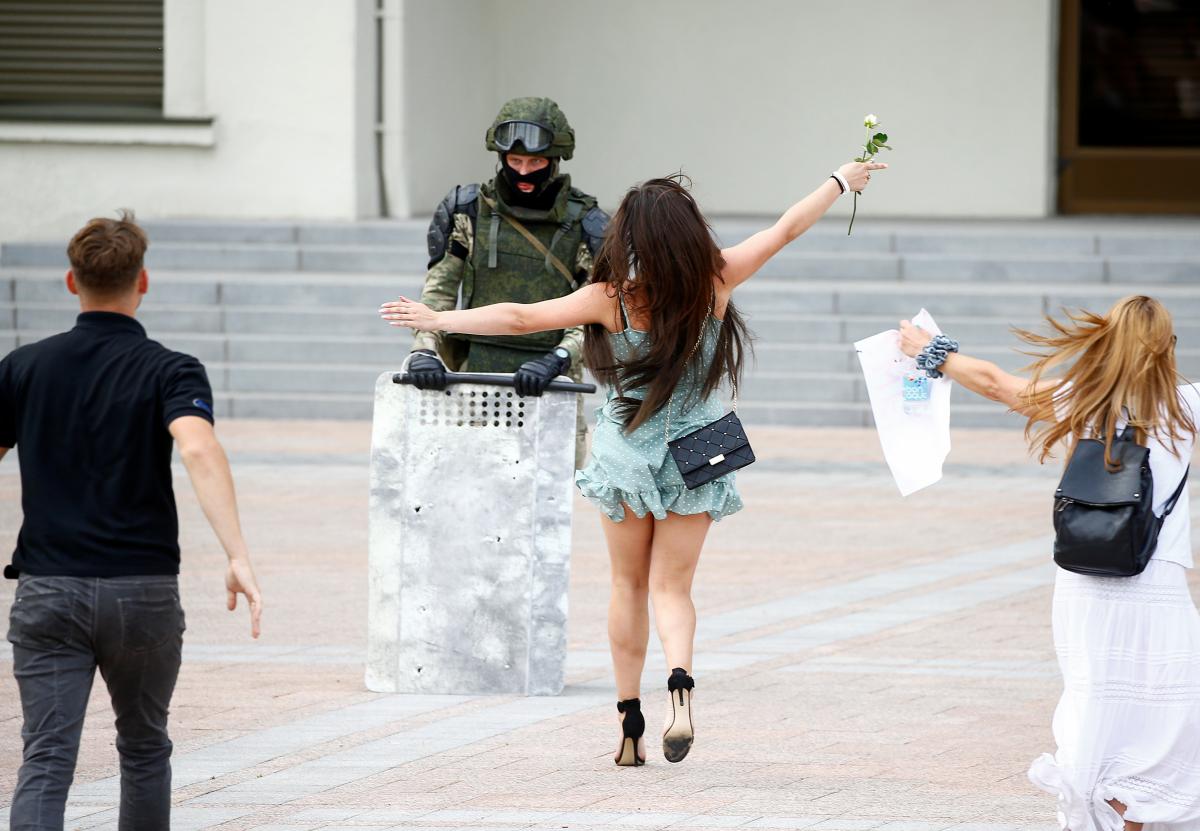
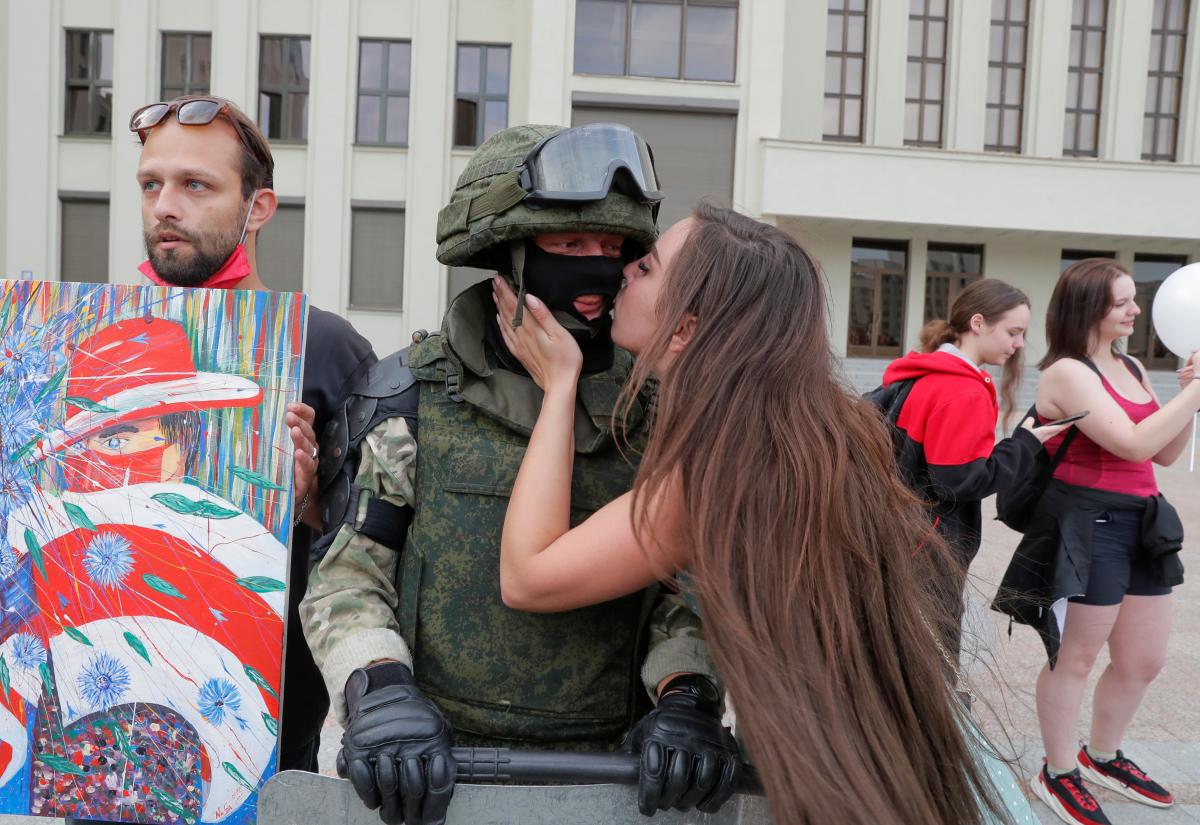
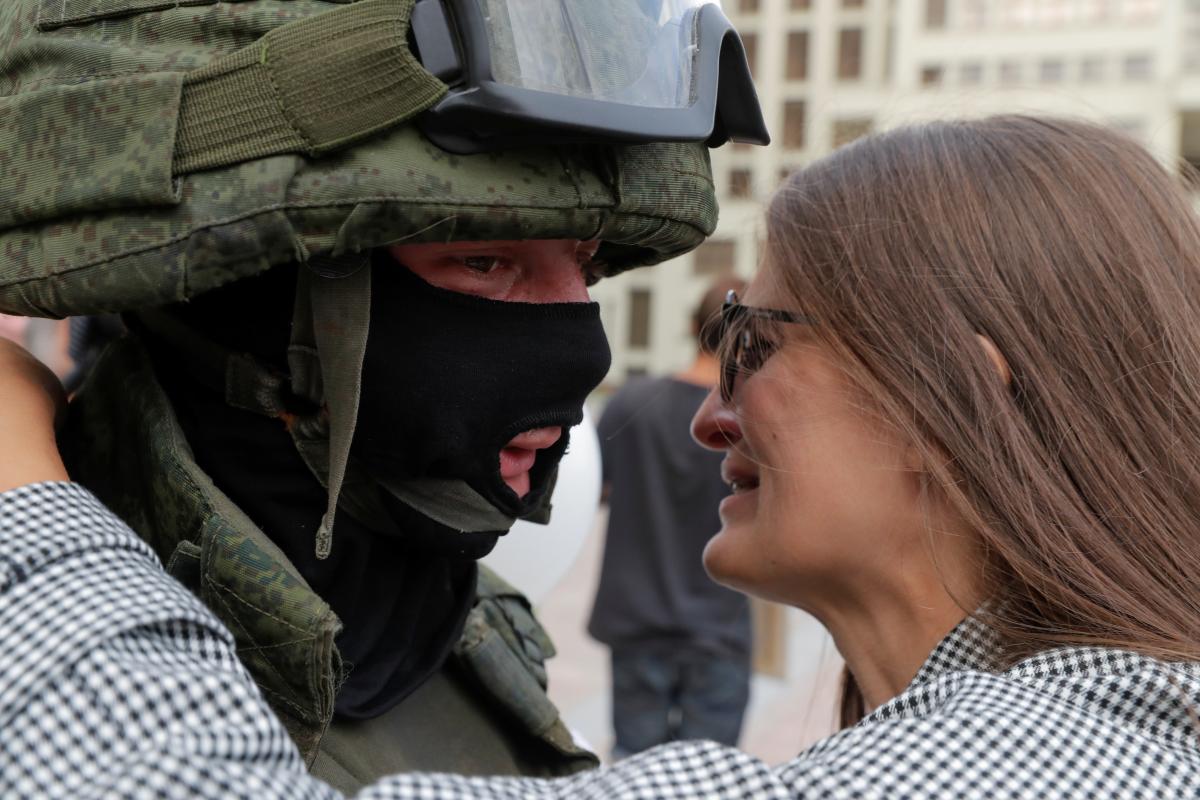
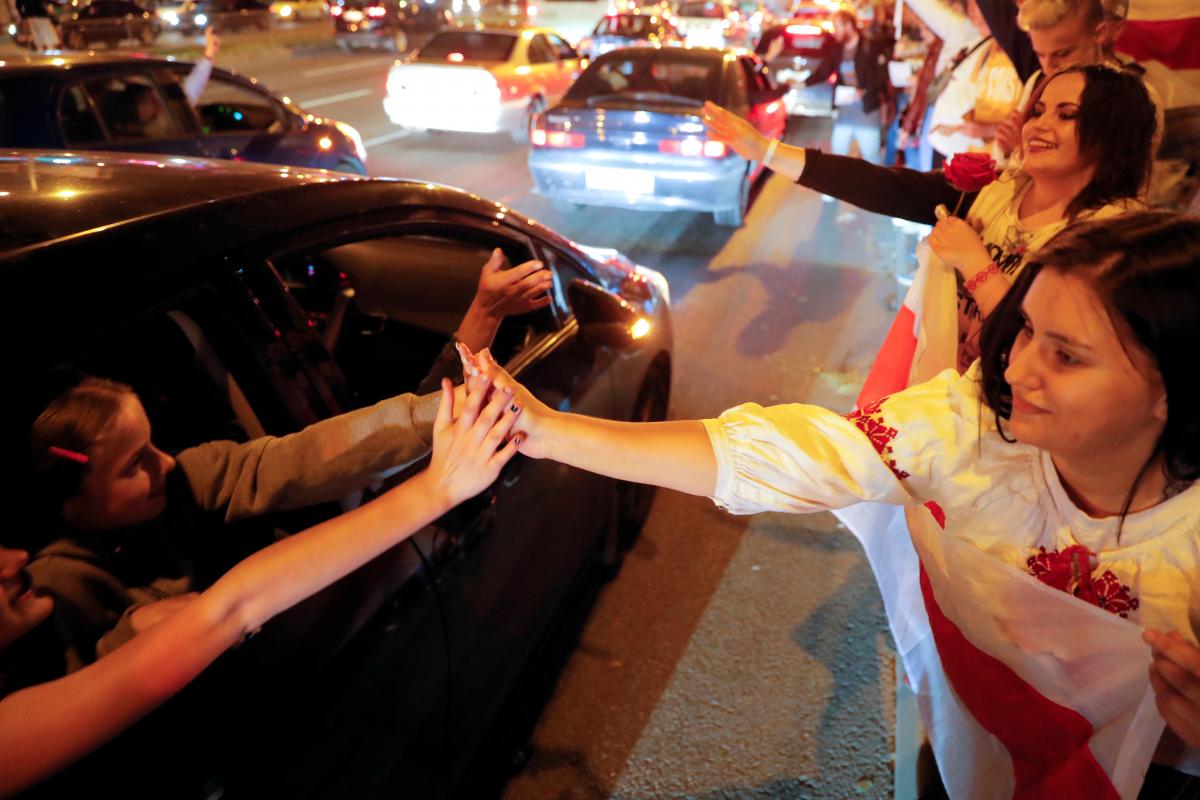
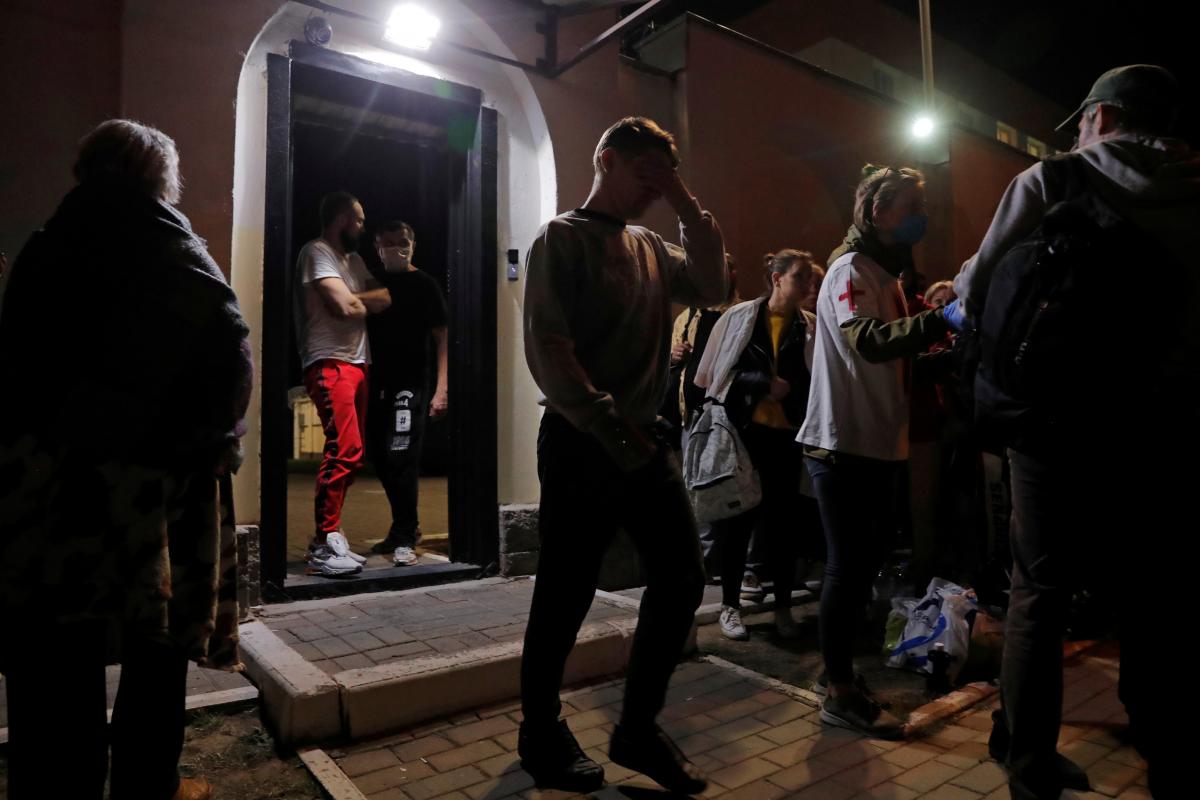

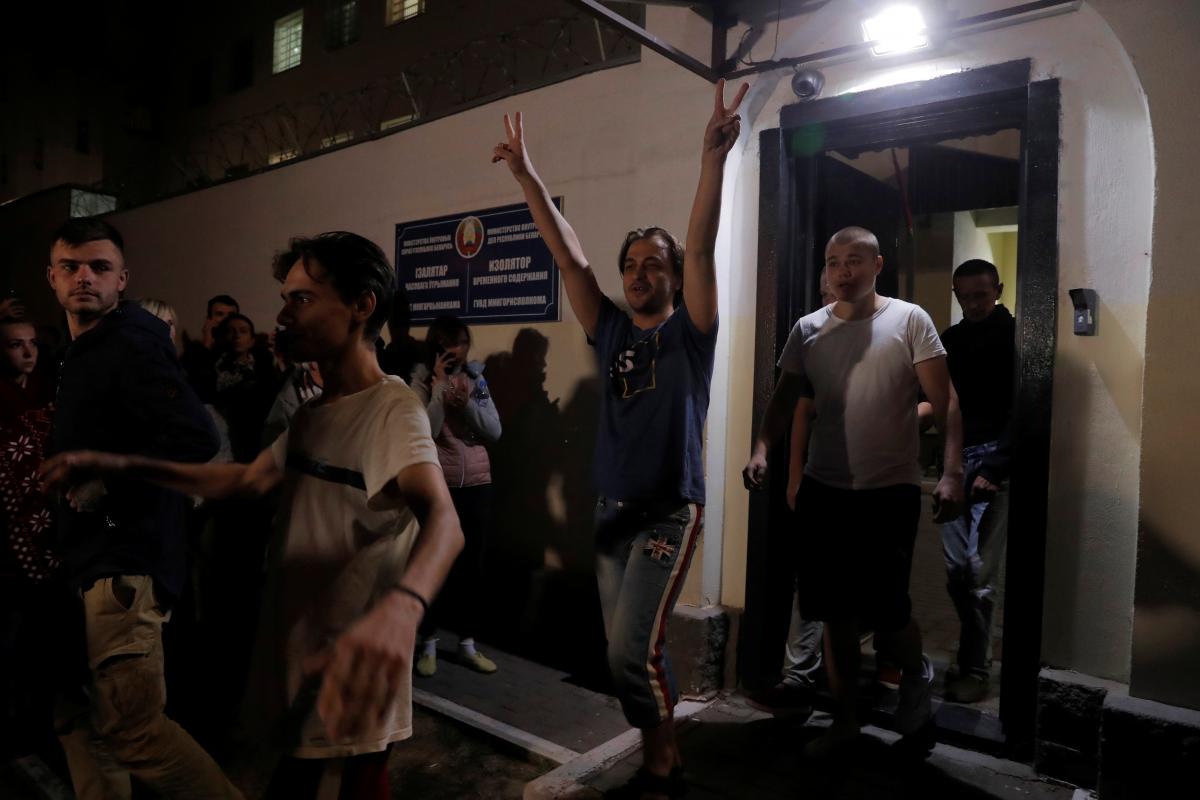
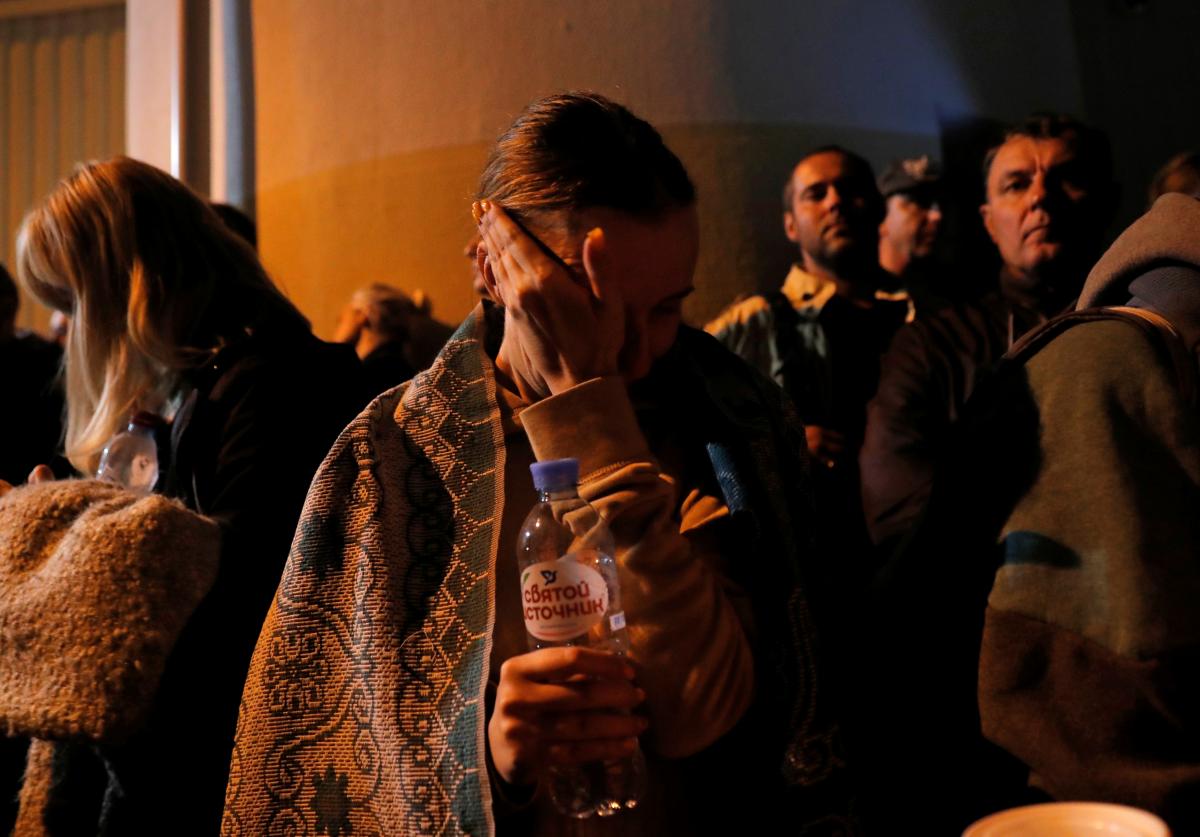
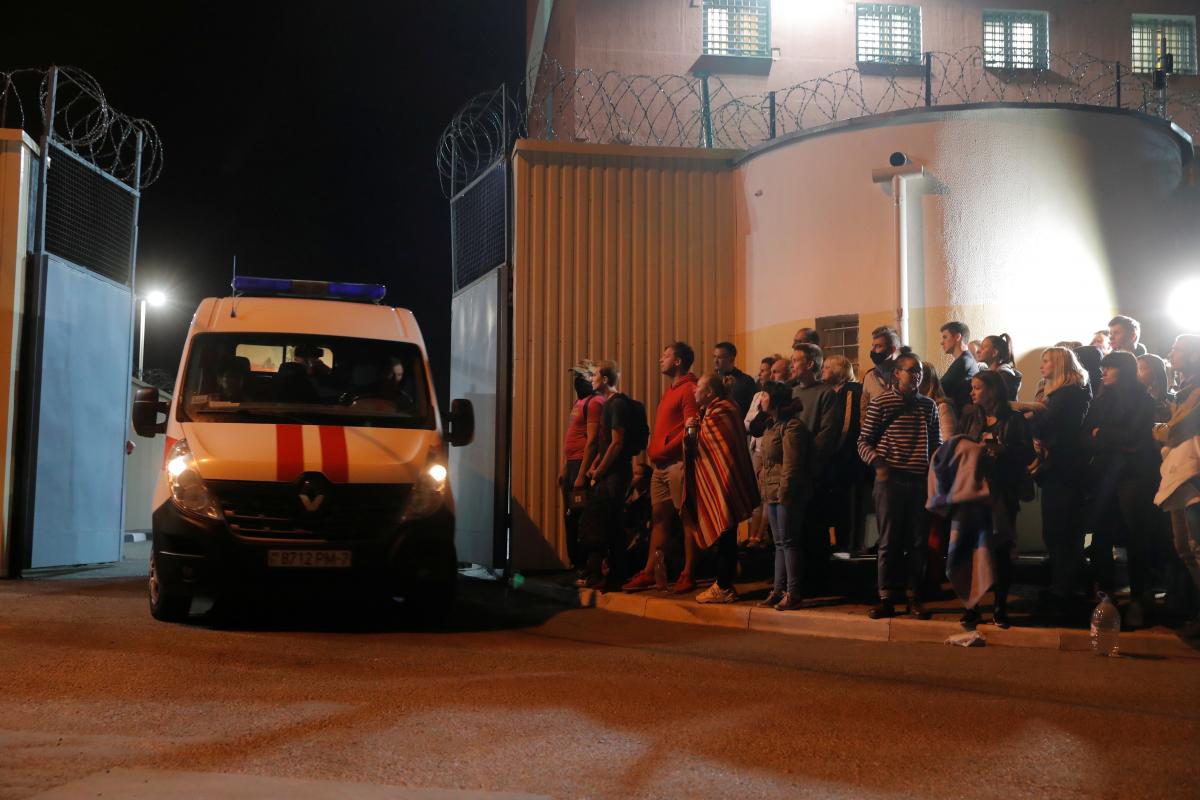

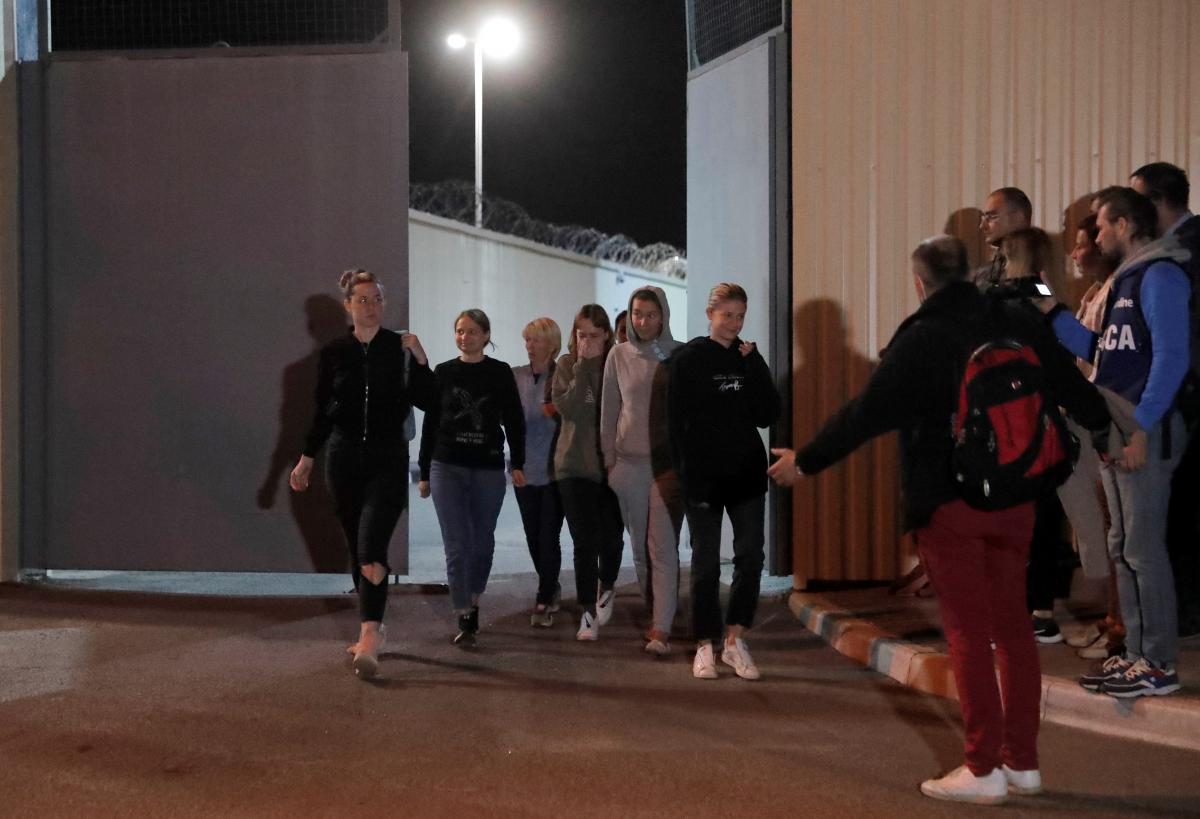
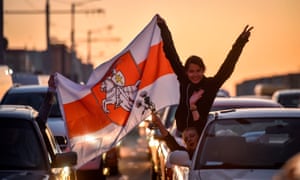
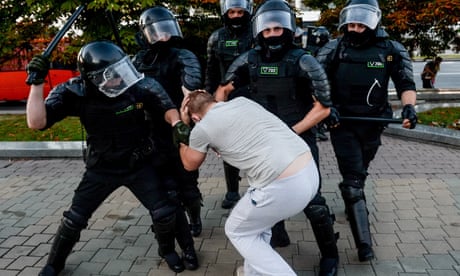

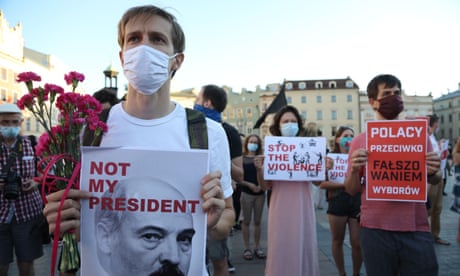
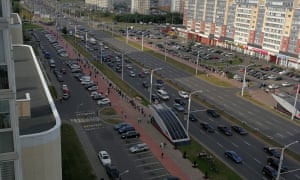






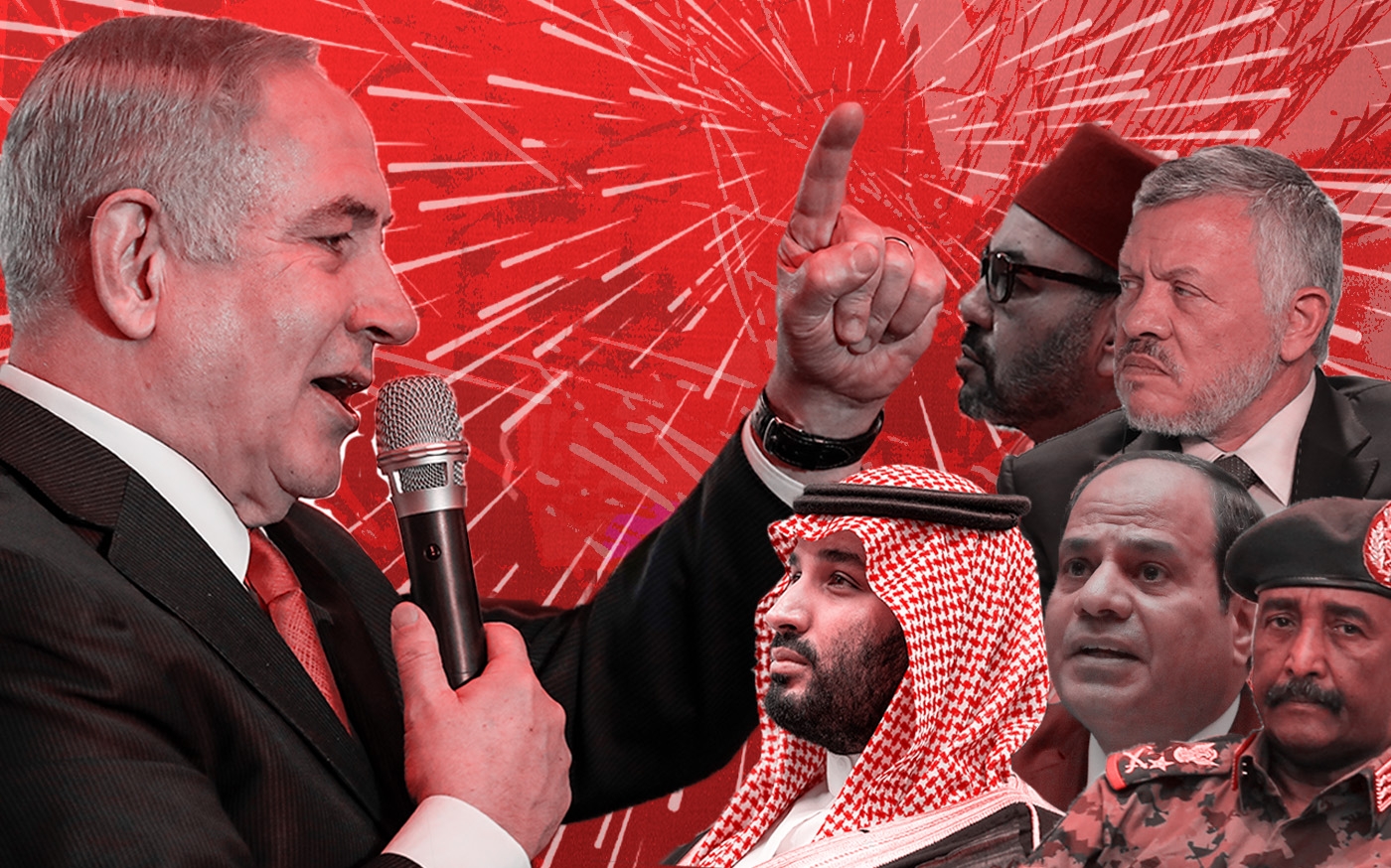
 Jordan's King Hussein stands with former Israeli Prime Minister Yitzhak Rabin in Washington in 1994 (AFP)
Jordan's King Hussein stands with former Israeli Prime Minister Yitzhak Rabin in Washington in 1994 (AFP)





